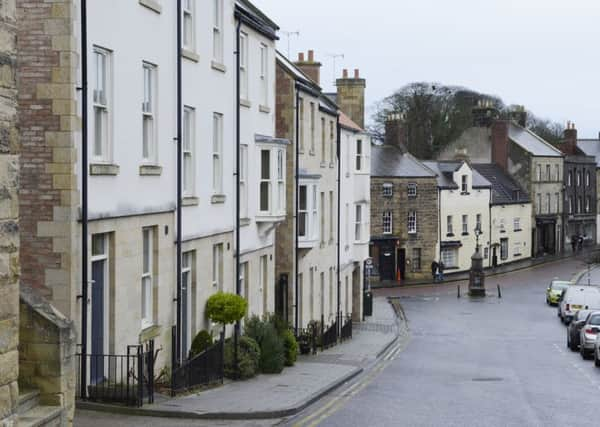Alnwick, Recorded Music Society


Debussy was born at St Germain-en-Laye, a suburb of Paris in 1862. He entered the Paris Conservatoire as a student of piano at the tender age of 10 continuing his musical education until he won the coveted Prix de Rome in 1884.
He was already composing songs and piano music by this time and we heard recordings of examples sung by Dawn Upshaw and played by Kathryn Stott.
Advertisement
Hide AdAdvertisement
Hide AdDebussy became influenced by the music of the Far East when he visited the Paris exposition of 1889 and heard, among other things, Javanese gamelan music. This can be heard in his string quartet, which will be performed by the Piatti Quartet in an Alnwick Music Society concert in May. A recording of the second movement played by the Belcea quartet acted as a taster.
Debussy’s ground-breaking L’après midi d’un faune, first performed in 1894, was described by Pierre Boulez as a milestone in the history of music. David chose a recording of the complete work played by the London Symphony Orchestra, conducted by Pierre Boulez.
Pelleas and Melisande was Debussy’s only opera, taking him 10 years to complete. It is quite unlike any opera before it with its dreamlike characters and sense of foreboding. This was evident in a performance of the opening of act 1, conducted by Serge Baudo.
Debussy’s most famous work is undoubtedly La Mer, completed in the Grand Hotel of Eastbourne in 1905. This is often quoted as an example of his impressionist work but Debussy vehemently denied being an impressionist composer, claiming that his composition was an example of a new musical reality.
Advertisement
Hide AdAdvertisement
Hide AdWe heard a recording of the tempestuous final movement played by the Berlin Philharmonic Orchestra, conducted by Herbert von Karajan.
In 1910, shortly after being diagnosed with stomach cancer, Debussy published his first book of Preludes for Piano. This will be performed in its entirety by the famous French pianist Pascal Roge in Alnwick in April but, for the time being, we heard just three preludes played by the legendary Walter Gieseking.
Debussy’s 1913 ballet Jeux, set on a tennis court, is another milestone work. A short excerpt from a recording by the BBC Symphony Orchestra, conducted by Peter Eotvos, provided some idea of its harmonic freedom.
By 1915, Debussy was becoming increasingly ill but started to compose new chamber works.
Advertisement
Hide AdAdvertisement
Hide AdHis last work was a Violin Sonata, which he performed with Gaston Poulet in his final concert in September 1917, just a few months before his death on March 15, 1918. Although for many years Debussy was regarded mainly as an impressionist composer, recent reappraisals of his work confirm that he was much more than that, in fact, he was the father of modern music.